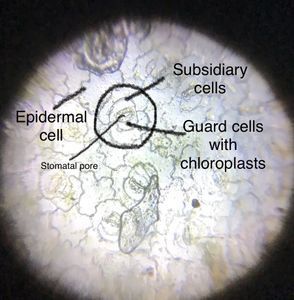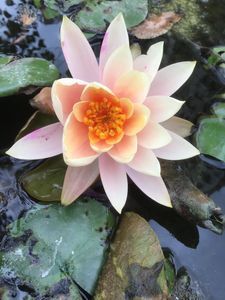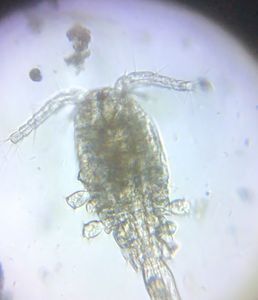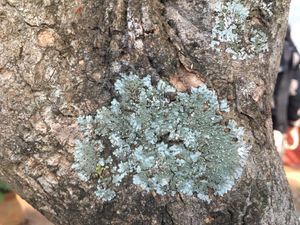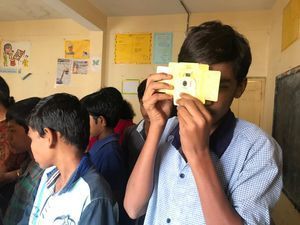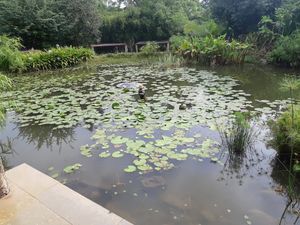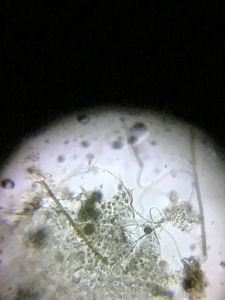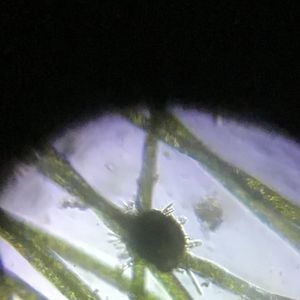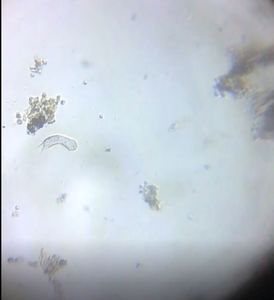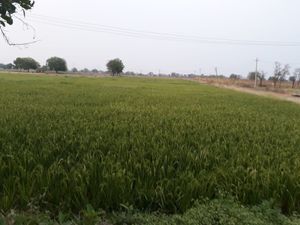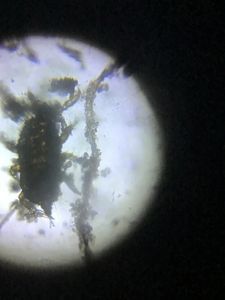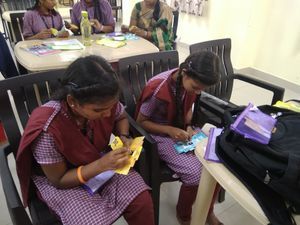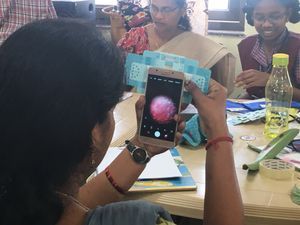Inculcating Research Culture Right From Schools
 Nov 08, 2017 • 10:03 PM UTC
Nov 08, 2017 • 10:03 PM UTC Unknown Location
Unknown Location 140x Magnification
140x Magnification Microorganisms
Microorganisms
TCIS Outreach
We are a group of students, volunteers and staff working with TIFR Hyderabad's Science Education and Outreach program: http://www.tifrh.res.in/~outreach/
39posts
26comments
2locations

As a part of TIFR, Hyderabad’s efforts to facilitate better science education in the local schools, it now interacts closely with four of the Telangana Social Welfare Residential Schools, all within 10 km from the institute. On regular close interactions with the teachers and students alike from the schools, we realized that schools are fast moving away from hands-on science learning. That now the Government board exams in most States do not put much emphasis on practical exams, the impetus on having lab sessions has greatly reduced. The students’ focus is on high ranks in competitive entrance exams, and lab sessions are seen as a distraction from this goal. As we understand from our discussions with the teachers and students, the teachers do demonstrate some required experiments just before the practical examinations. Usually ready made slides are available for microscopy. Rarely do students make any slides. It is not important as marks in the practical exams are more or less guaranteed. When we investigated their lab equipments, we found that a lot of them have stayed unused for an extremely long time. The microscopes clearly needed cleaning up – making us doubt even further the extent of their usage in the schools. Some of the schools had obtained experiment kits from the NGO, Agastya . But the teachers said they can use the equipments only in presence of a representative from the NGO – and they haven’t had one for some years.
All of these prompted us towards an urgent need of inculcating experiential science learning for these students, both during and outside their classroom hours. We aim towards addressing gaps in students’ understandings and help them replace rote with meaningful learning by connecting their theoretical knowledge/ theory classes with practicals and get the school labs used throughout the year. In alignment with this, we decided to introduce Foldscope to these schools. We hoped that Foldscope, due to the ease of handling and maintaining it, thanks to its design, will break the notion that microscopes are so precious that they are to be used only for special occasions. We hoped Foldscope will enable each student to look at the world around her more closely and incite many exciting questions.
All of these prompted us towards an urgent need of inculcating experiential science learning for these students, both during and outside their classroom hours. We aim towards addressing gaps in students’ understandings and help them replace rote with meaningful learning by connecting their theoretical knowledge/ theory classes with practicals and get the school labs used throughout the year. In alignment with this, we decided to introduce Foldscope to these schools. We hoped that Foldscope, due to the ease of handling and maintaining it, thanks to its design, will break the notion that microscopes are so precious that they are to be used only for special occasions. We hoped Foldscope will enable each student to look at the world around her more closely and incite many exciting questions.

Teachers watching the video and assembling the Foldscope themselves To get this program initiated we invited science teachers from these four schools for an introduction to assembly and usage of Foldscope at Atoms to Amoeba workshop at TIFR, Hyderabad. The objective was to give the teachers a brief overview on the different forms of microscopy available today, and show how Foldscopes are just as powerful as the compound microscopes they have in their schools.

Spirogyra – observed from the local pond water during the workshop The teachers were able to assemble the Foldscopes themselves by simply following the YouTube videos by the Foldscope team. They first viewed the permanent slides available, like bread moulds and sporangia, plant cells, etc. Then they quickly got comfortable in making their own slides and observing them under the Foldscope. During the workshop they observed onion cells, spirogyra from local pond water, leaves, hair and cloth fibres. By the end of the workshop, the teachers were convinced that they could independently work with the Foldscopes. We provided each school with two Foldscopes to work with their students and see their responses. However, the teachers were not convinced if two Foldscopes in a class of around 30 would be a good ratio. We gave it a try nevertheless.

Students preparing the slides to observe under the Foldscope Three weeks after the workshop, we started visiting the schools to see if the students were now able to handle Foldscopes by themselves. Our volunteers from TIFR, Hyderabad and University of Hyderabad had an overall notion that the students were able to handle Foldscope by themselves. The teachers were already in the process of using the Foldscopes with the students. Now the push is going to be to see how Foldscope can be integrated with as many science classes as possible. We hope this will get the students so used to using the Foldscope that they can start with small research projects using the Foldscope. Also, this exercise, if successful, can be a template for the 266 other TSWREIS schools in the state of Telangana to follow since they all have a very similar ecosystem.

Watching through the Foldscope It would open up a wonderful new “microcosmos” to the students. And for the research fraternity of India this might open up an untapped realm of school students being trained in research from a fairly young age.

Observations done through a Foldscope in under an hour — Dr. Somdatta Karak
Sign in to commentNobody has commented yet... Share your thoughts with the author and start the discussion!

 0 Applause
0 Applause 0 Comments
0 Comments

